In the world's largest democracy, India, the democratic process is facing significant challenges as the country grapples with conducting elections in remote and inaccessible regions. Despite being heavily populated, many areas lack basic infrastructure such as roads and vehicles, making it difficult to transport voting equipment.
One such example is a marginal village in Pune, Maharashtra, where there are no proper roads for vehicular movement. Polling officials must travel several kilometers through inaccessible mountain paths to reach these remote areas. Similar challenges are encountered in various regions across the country, leading to extraordinary efforts to ensure citizens' right to vote.
In Pune's village and other remote areas, efforts akin to Mahayagnas are underway to facilitate voting. Voting materials are transported on foot, by boat, or sometimes by tractors, as boats remain the only viable option in certain places.
Polling Officer Ratan Kumar highlighted the arduous journey to reach Sialbet in Gujarat, where boats are the only means of transportation. Upon reaching the shore, the remaining distance is covered using farming tractors due to the lack of proper roads.
Setting up polling stations and conducting voting itself pose significant challenges in these areas. Many regions lack electricity, adequate water, and food supply. In Aliabet village of Gujarat, where voting is underway, the absence of electricity necessitates the use of solar power systems to run polling booths. Additionally, the scarcity of potable water adds to the logistical hurdles.
Furthermore, the absence of proper polling buildings has led to innovative solutions, such as setting up polling booths on shipping containers along the river.
Despite these challenges, the Election Commission of India remains committed to ensuring the voting rights of all citizens, regardless of their location. With approximately 96 crore voters across the country, every vote is deemed invaluable in upholding the principles of democracy.



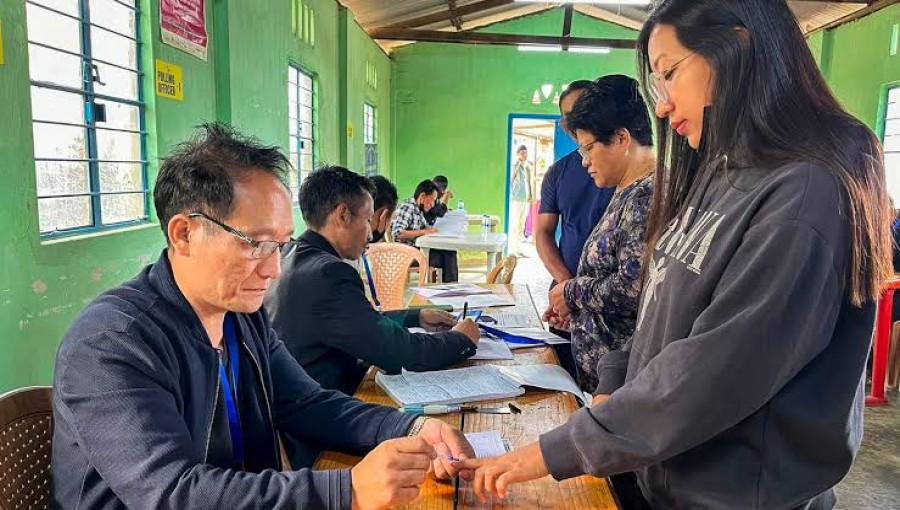
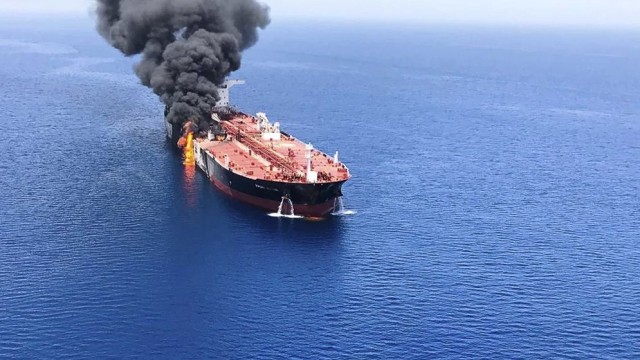
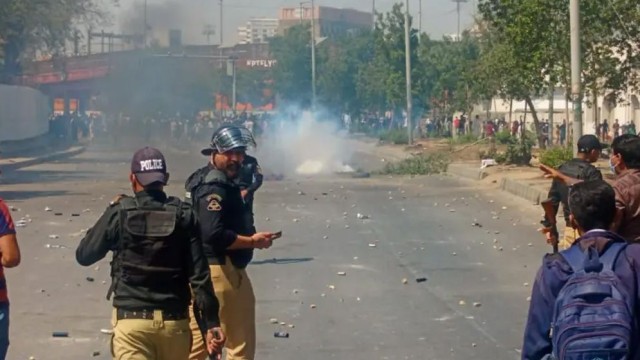
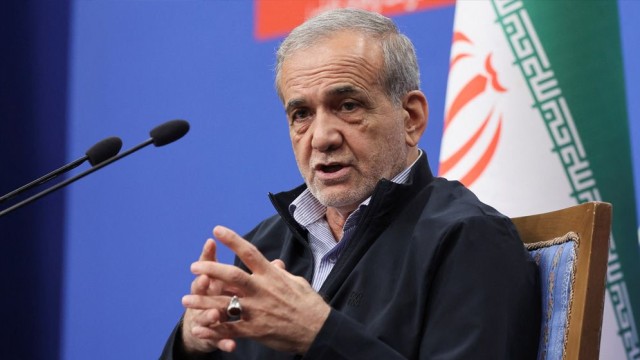
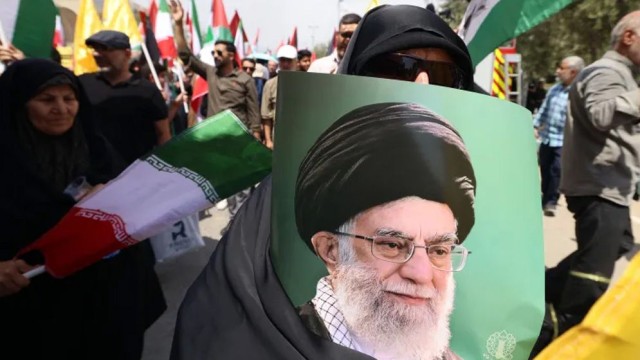
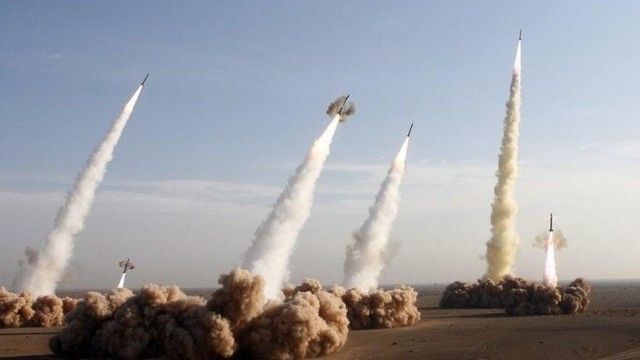
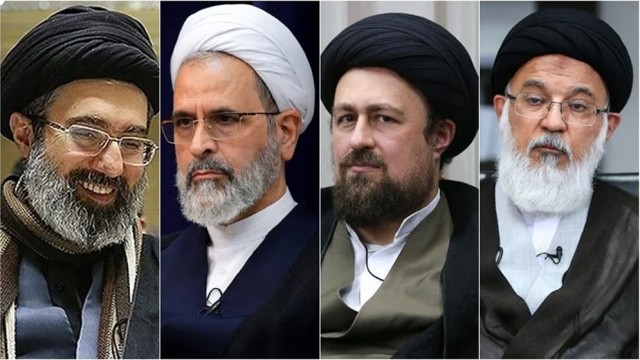

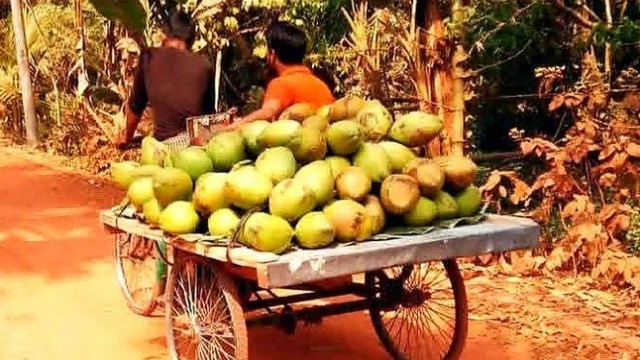
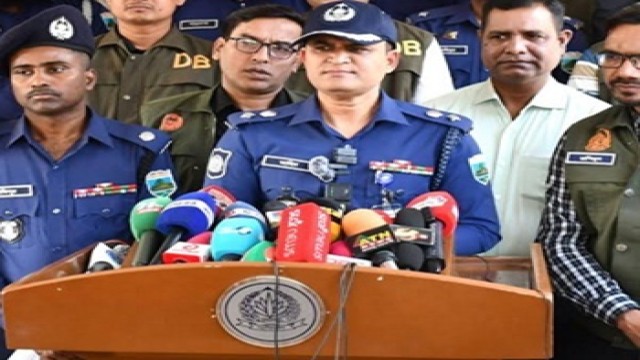
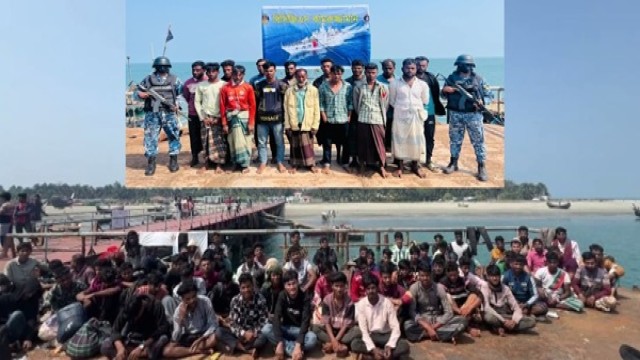
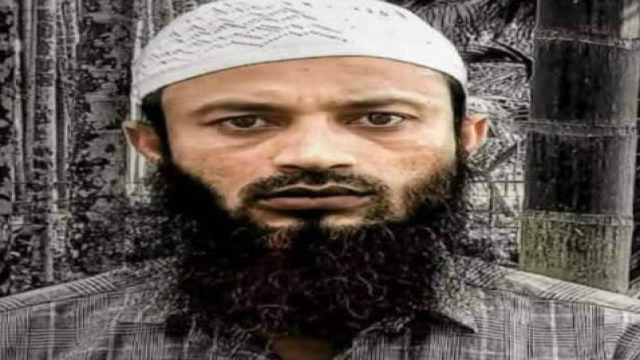
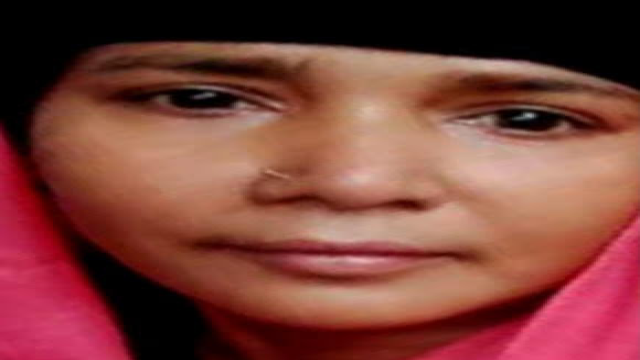

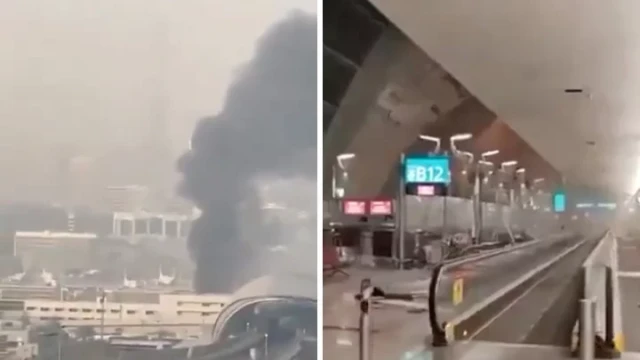

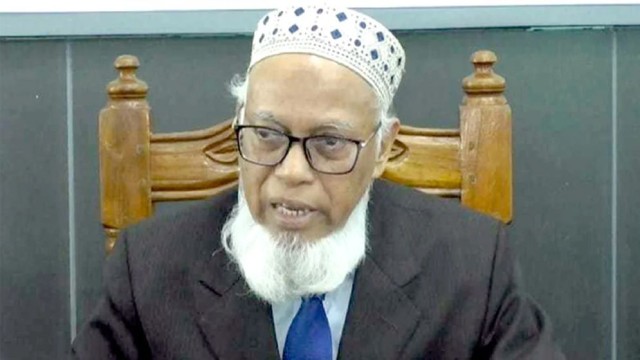










Comment: